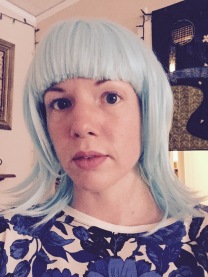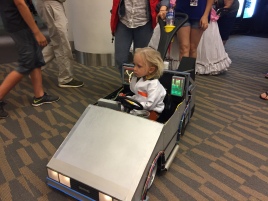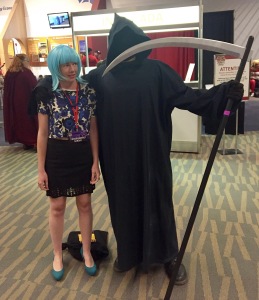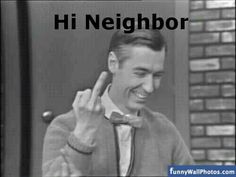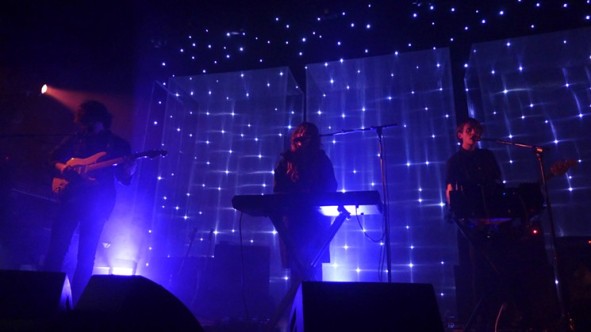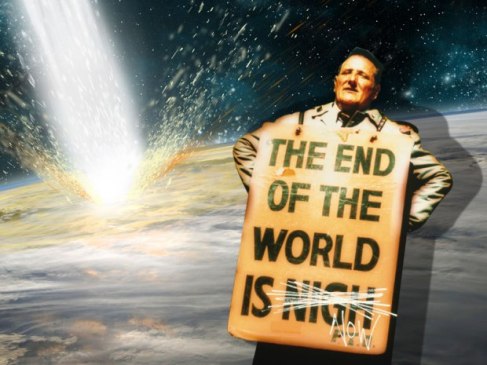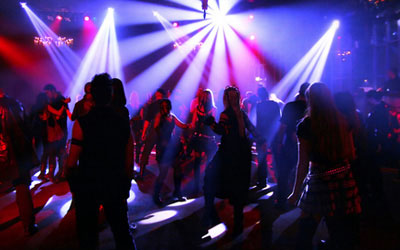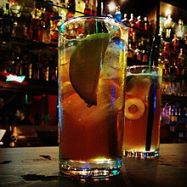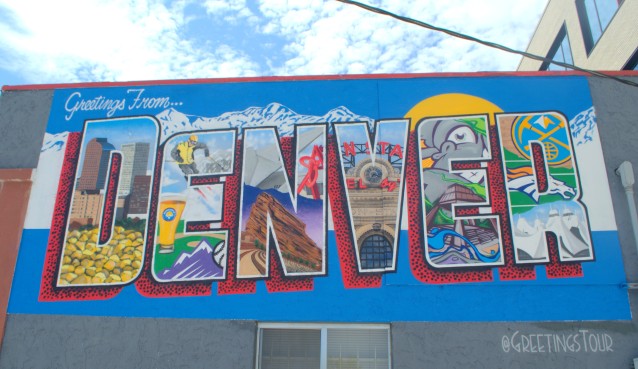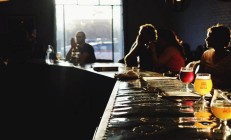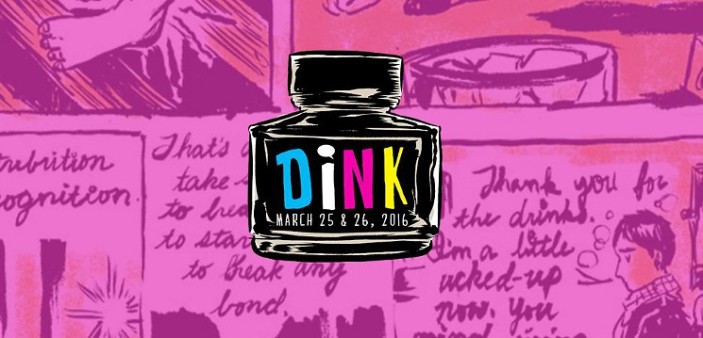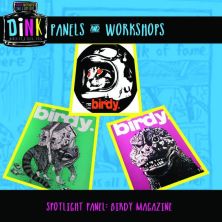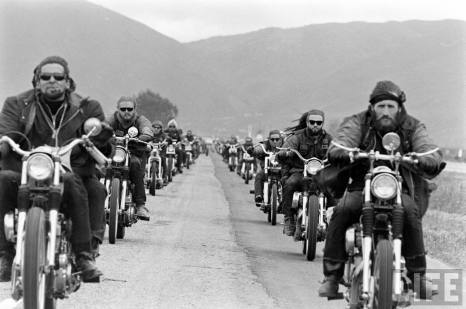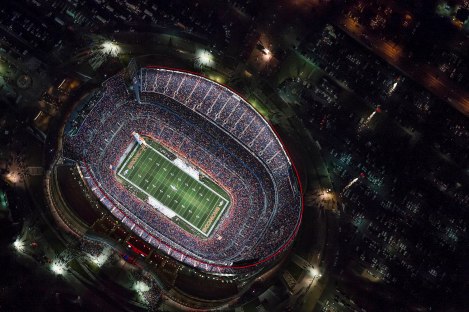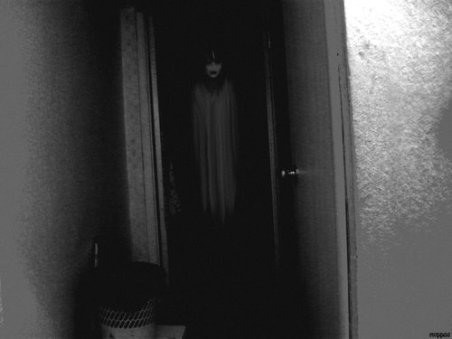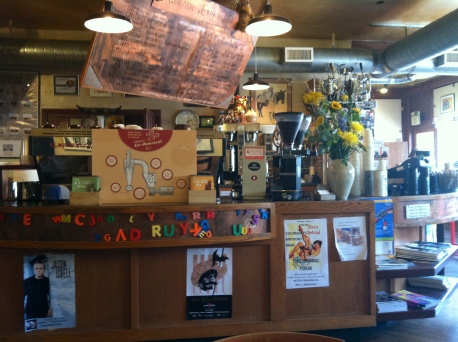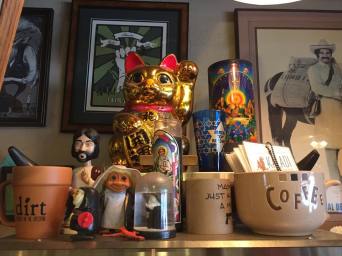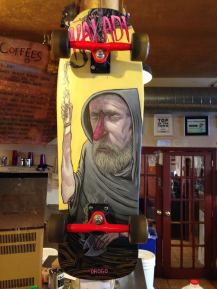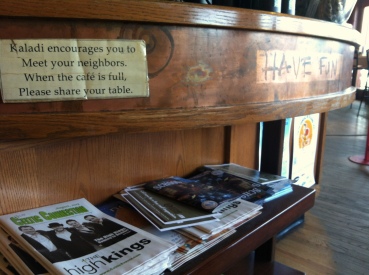
“Hello!” I half-shouted into the studio phone. My name is Amanda and I’m calling from PictureMe Portraits.”
We’d held a drawing for a free photo display and the winning slip of paper read simply: Dilly. I knew who she was. All the photographers did. We had our own drawing for the difficult customers—the families with screamers, the helicopter moms, and Dilly. Somehow I’d successfully avoided a turn with her. Until now.
“Sure, sure,” she said. “What’d you say your name was?”
“Amanda. I’m calling—“
“Hello? I’m old and can’t hear well. You’ll have to speak up.”
I rolled my eyes and cleared my throat. “My name’s Amanda. I’m calling because you won a free Character Close-up. Would you—“
“Winner? Who, me?”
Dilly was an 87-year-old widow who still farmed her own land. I knew this because she mentioned it every time she called.
“Yes—you put your name in a drawing and won.” I needed a drink of water.
“Oh!” she said. “That’s wonderful! I’m heading into town in an hour. Will you be open?”
“Yes. We’re open ’til six. See you then.”
“See you later, alligator,” she said and hung up.
I knew it was Dilly before she even spoke. She was a stooped woman with wildly unkempt, short-cropped hair, and she wore a red flannel shirt with suspenders.
“You’re new,” she said. “I’m Dilly. Who’re you?”
I told her and she offered an arthritic hand that I shook with care.
“So, what’ve I won?” she asked.
I pointed to a framed 10×10 print of a curly-haired girl in three side-by-side poses, her name in fancy script. I was embarrassed to present this childish display to an elderly woman. But instead of impertinence, she responded with tears.
“How lovely,” she whispered. “You’ve just made my day. I have no family except my brother, and it’s not every day I get a gift. Thank you, dear.” She placed a hand on my arm. It didn’t seem to matter that the gift wasn’t directly from me.
At the sales computer I opened Dilly’s last session folder. There was something different about her portfolio than others. By job description, retail photographers are required to capture at least six different sellable poses, but all of Dilly’s were the same. In them she sat on a wooden stool, legs crossed at the ankles, her hands resting together on the skirt of a Dutch blue suit. Her sun-dried skin clashed with the crisp white backdrop, and she eyed the camera with suspicion.
Her expressions, she said, sent a message. She wanted to look out onto future generations and impress wisdom on her viewers. The kind of picture you can display on a mantel, she said.
I clicked through her photos as she commented on details.
“My hands in the first are crossed funny. Go back to that third one. See—better. But my skirt’s rumpled. Is it noticeable?”
“No. I think it looks natural,” I said.
“Let me see the others again.”
After forty-five minutes Dilly stood and took my hand in hers. “Thank you, dear,” she said. “I’m sorry if I kept you too long. I’ll see you later, alligator.”
I smiled. She’d been sweet, but draining, and I guiltily hoped that her next visit would land on my day off.
But it didn’t.
“Amanda! It’s good to hear your voice, dear. How are you?” she said through the studio phone.
We chatted and she made a one o’clock appointment for the following Tuesday.
By 1:15 she still hadn’t showed. I was tense, fidgety, and had dusted the wall art at least three times. I dialed Dilly’s number. No answer. Nor was there an answer ten minutes, thirty minutes, an hour later.
At first I was relieved. But when Dilly’s neighbor called to ask if she’d been in, my heart sped up. The neighbor had called Dilly’s house several times and gone over to knock on the doors and windows.
“Nobody answered,” she said. “I’m worried. I think I’ll call Dilly’s brother. I’ll call back if I hear anything.”
I thanked her and swallowed the misgiving that something had happened to Dilly.
I knew soon enough that it had. In Dilly’s obituary photo sat a much younger version of herself, mid-sixties, with a smile as straight as her hemline. She looked stern, and hardy.
At work I taped her clipped obituary to the door of the studio closet. It seemed fitting to honor Dilly’s memory in the last place she was expected to be. But also, her picture served to remind me that every person is worth the time, and that everyone has a story. Except for the screamers. They can go right back to their parents.
2010
